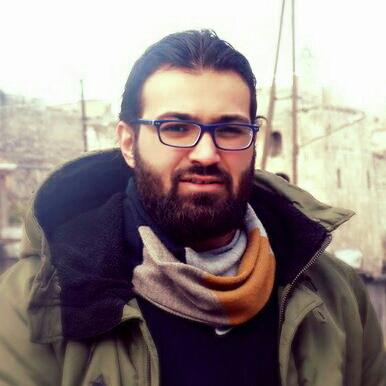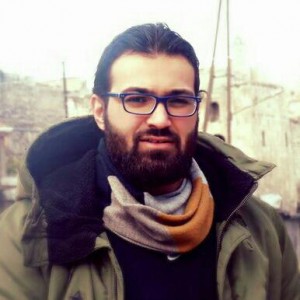25th August 2015 Istanbul, Turkey
2 Years Since Ghouta, Memories of Horror Live On

Last Friday marked two years since the Assad regime attacked Ghouta, a suburb of Damascus in Syria, with chemical weapons. This despicable act killed hundreds of innocent civilians and injured many hundreds more.
Since then Assad’s declared chemical weapons stockpile and production facilities have been destroyed. But the UK remains very concerned about credible allegations that toxic industrial chemicals, especially chlorine, continue to be used as weapons by the Assad regime, particularly to target civilians. The recently agreed UN Security Council Resolution on the attribution of the use of chemical weapons provides the international community, for the first time, with a tool to determine who was responsible for these attacks and hold the perpetrators to account.
Chemical weapons inflict extreme pain and suffering on their victims. In Ghouta, men, women and children suffered suffocation; constricted breathing; frothing at the mouth; fluid coming out of noses and eyes; convulsing; dizziness; blurred vision; and red and irritated eyes.
For those that survived, the memories of witnessing the attack endure. One survivor, Mahmoud, offered to share his first-hand memory of the attack. His personal account gives us an insight into the terrifying events of August 21st 2013:
Eastern Ghouta, Damascus, Syria – 21.08.2013
“There were around 10,000 injuries. People having spasms are everywhere, all convulsing and then falling like leaves. Many of those who were sleeping did not wake up; they died quietly. Some woke up but could not get out; they died trying. A mother had to choose two from her five children. She carried them and got out, but they were already dead. At the entrances to the houses, on sidewalks, asphyxiated bodies were littered all over the town. Responders who tried to rescue the victims were themselves injured. Some of them survived, one recounted:
The injured were everywhere as the poison gas moved to all the towns surrounding Zamalka, Arbin and Jobar. The bombardment did not stop. There were only two makeshift hospitals in Zamalka, one of them was hit with a rocket.
We were at the entrance of a building, with just one mask. A paramedic gave it to me to go inside and check if there were people inside. There was no time to knock at the door or to shout. All of them were sleeping, and remained so, fast asleep. I came out in a panic, holding liquids that paramedics hastily blended and some antibiotics such as atropine and anti-suffocation drugs. I have never worked in the medical field before, but the size of the tragedy required the intervention of whoever was still able to breathe.
At the door of the building the paramedic Abu Saleh was lying down. His body was convulsing and shaking. A car rushed him to the makeshift hospital with the hope of saving his life. I came out of the apartment and entered another one. I could not hold on any more when I saw this: A woman was lying on the stairs; her baby had fallen from her hands. She was trying to reach to him, but both were convulsing violently. The last thing I saw was that foam which began to come out of their mouths. I tried to scream but could not. I felt that my screams were choked inside me.
“Abu Nidal … Abu Nidal!” I could hear them calling. “I can hear you,” he replied. My tongue was so heavy; my eyes were burning like flames. I felt as if rocks were perched on my chest, my windpipe was as narrow as a needle. I tried to stand up but I could not feel my legs. Cramps paralyzed my limbs, but they soon began to ease after I was given some injections. I began gradually to realize the scene around me.
There were hundreds of bodies; dozens of people were looking for their loved ones among them. The air smelled like rotten food thatwas enough to kill us, let alone inhaling of the poison gas. I was moving with great difficulty and I could not control my limbs. They were cramping very violently. I got out of the makeshift hospital, which become more like a morgue. Dawn was nearing, but the whizzing warplanes did not cease.
In the streets, there were bodies of women who went out of their homes dressed in their nightclothes for the first time ever. Drivers who tried to transport the injured had died inside their cars. Only a few steps separated bodies of dead children from the bodies of their parents. Here, no pieces of flesh, no blood. Faces were clear with some colorful bulges on the bodies. Preparing for further attacks of this kind was the major concern, so there was a need for securing medical supplies and equipment.
Damascus is not far away but it was unaware of what was happening in Eastern Ghouta, namely the siege and bombardment even if it heard it in the news. Daily death was quite absent in Damascus.”

This version has been edited for length. You can read Mahmoud’s full story in Arabic here.
Thanks for sharing this.